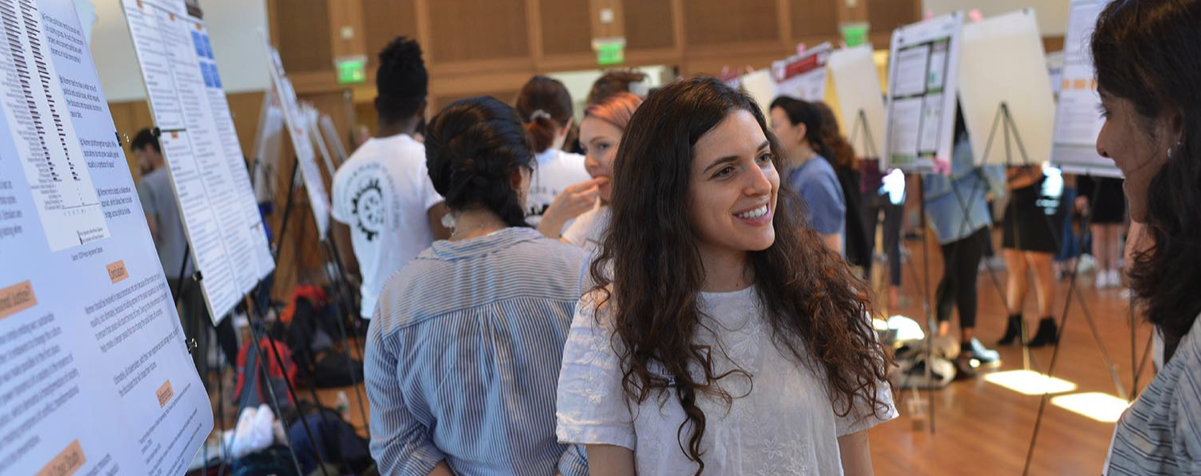Faculty Sponsor: Andrea Patalano
Live Poster Session: Zoom Link
Abstract: Moral licensing is a phenomenon where an individual’s past moral behavior enables future immoral, questionable, or self-serving behavior. It has been demonstrated across various domains, from interpersonal relationships to consumer purchasing. While several moderators of moral licensing have been identified (e.g., goal framing), gratitude, which has been demonstrated to facilitate prosocial behaviors, promote ethical decision making, and limit impulsive acts, has not been explored as a moderator. The aim of this thesis was to address this gap by investigating whether induced gratitude reduces moral licensing behavior. In a mood manipulation (reported in DeSteno et al., 2014), an online sample of adults wrote about how they were grateful (i.e., gratitude condition; n = 225), or about a typical day (i.e., neutral condition; n = 223), before completing a licensing task adapted from Khan and Dhar (2006; Study 1) which required participants to make a volunteering choice (i.e., virtuous condition; n = 223) or a bedroom paint color choice (i.e., non-virtuous condition; n = 225), before completing a final consumer decision (i.e., between a hedonic item, “designer sunglasses” and a utilitarian item, “handheld vacuum cleaner”). Although the mood manipulation was successful, there was no moral licensing effect in either the neutral or the gratitude condition. Due to the absence of a moral licensing effect in the neutral condition, whether induced gratitude reduces the moral licensing effect could not be meaningfully assessed. While gratitude still seems like a compelling mechanism for reducing moral licensing behavior, future work will be important in identifying how robust this effect is and in understanding when it emerges.
Gwiazda_MAPoster_2023

